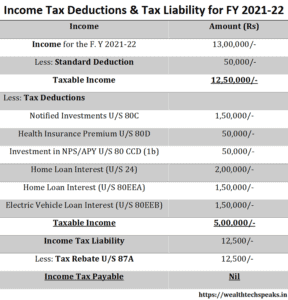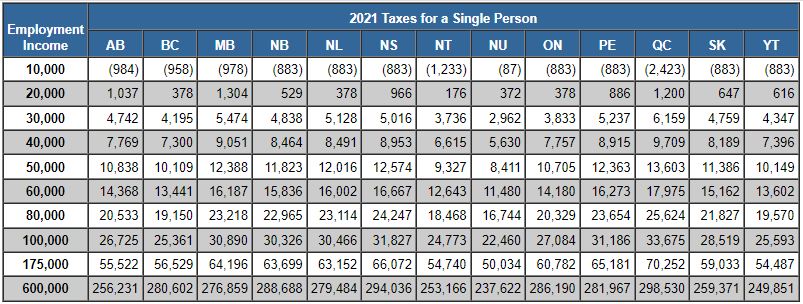



The new law suspends the requirement to repay 2020 excess APTC. However, if a taxpayer's APTC was more than his or her allowable PTC, the taxpayer has the excess APTC. They must file Form 8962 when they file their 2020 tax return. The process remains unchanged for taxpayers claiming a net PTC for 2020. If the APTC is less than the PTC, they claim a net premium tax credit (net PTC). Taxpayers use Form 8962 to figure the amount of the premium tax credit (PTC) they are allowed and reconcile it with any advance payments of the premium tax credit (APTC) made for their health insurance through the Marketplace. Taxpayers who, for 2020, purchased health insurance through a federal or state Health Insurance Marketplace and have excess advance payments of the premium tax credit (excess APTC) won't report an excess APTC repayment when they file their 2020 tax return. Repayment of excess Advance Premium Tax Credit suspended Refunds, based on this adjustment, are being issued in May and continuing through the summer. Details, including a worksheet, are available at IRS.gov/form1040.įor any eligible taxpayer who has already filed and reported their compensation as fully taxable, the IRS is automatically adjusting their return and providing them this tax benefit. For couples where both spouses received unemployment compensation, each spouse can subtract $10,200. This means that those eligible who haven't filed a 2020 return yet can subtract the first $10,200 from the total compensation received and only include the difference in their taxable income. The same income cap applies to all filing statuses. This tax benefit is only available to those whose modified adjusted gross income is below $150,000 during 2020. Retroactive changes for 2020 Some unemployment compensation not taxed for manyįor tax year 2020 only, the first $10,200 of unemployment compensation is not taxable for most households. Instead, as noted below, the IRS will automatically provide these benefits to eligible filers. Taking any of these actions now will not speed up a future refund and may even slow down an existing refund claim. In the meantime, the IRS urges taxpayers who have already filed their 2020 returns to avoid filing amended returns, refund claims or contacting the IRS about obtaining newly-enacted tax benefits. The best way to keep up with tax law developments is by regularly checking IRS.gov. In addition, the law also includes a third round of Economic Impact Payments, now going out to eligible Americans, that are generally equal to $1,400 per person for most people, as well as several other key changes for tax-year 2021. Several provisions affect the 2020 tax return people are filling out this filing season, including one exempting up to $10,200 in unemployment compensation from tax and another benefiting many people who purchased subsidized health coverage through either federal or state Health Insurance Marketplaces. WASHINGTON - The Internal Revenue Service today provided an overview of some of the key tax provisions in the American Rescue Plan Act.

Most refunds are issued within 3 weeks from the date a return is received by the Department.Taxpayers with children should file returns soon for advance payments of Child Tax Credit.We will begin processing individual income tax returns on Tuesday, February 1, 2022. The deadline to file 2021 individual income tax returns, without an extension, is Monday, April 18, 2022.


 0 kommentar(er)
0 kommentar(er)
